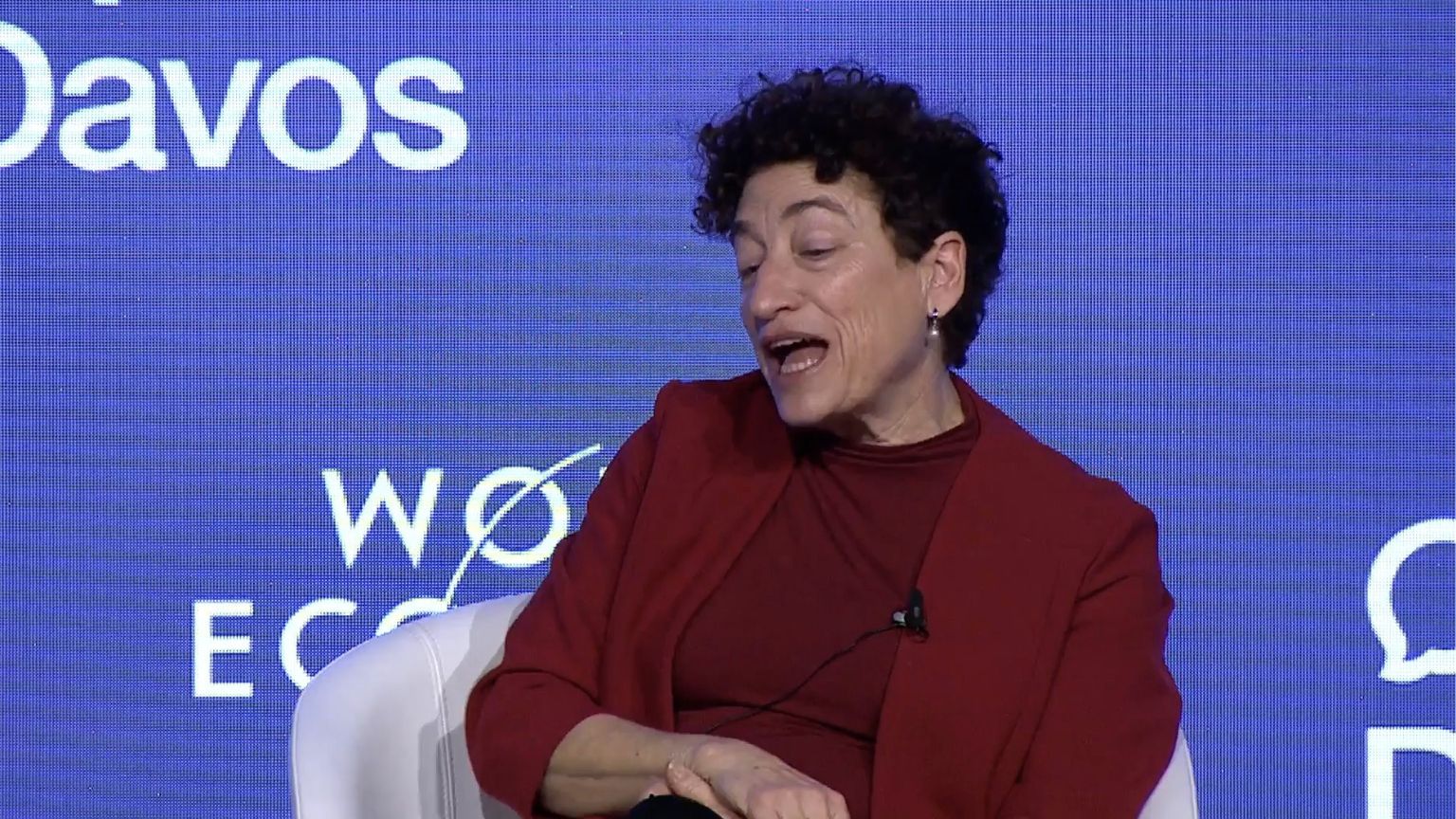At the World Economic Forum, Naomi Oreskes, Professor of the History of Science at Harvard University, complained about what she said is the spread of disinformation on social media, notably attributing a significant part of this issue to social media companies and even President Trump and certain business entities.
Her proposed solutions raise alarming implications for free speech and highlight the dangers of censorship.
“President Trump; it’s been well written about, he had over 30,000 false or misleading claims in his four years as a president. If that comes from the top, is that part of the issue and the problem as well?” asked Urs Gredig, the moderator.
“Yeah, absolutely,” Oreskes responded. “I mean and it’s one of the reasons this issue has become so vexed in the United States because now ordinary people are getting a lot of disinformation in social media, almost much of which is coming from private sector interests, but then it gets amplified when it gets reposted and resent by ordinary people who think, oh this is interesting, I’ll pass this on.”
Oreskes complained that what she called “disinformation” was being “amplified at the top” by social media companies, and said that the “business community has a big role to play” in challenging this.
Despite President Trump and his supporters facing the brunt of online censorship over the last several years, Oreskes suggested that it was the opposite and that social media platforms aren’t censoring Trump, saying they’re “biting their tongue” because they think Trump will “cut corporate taxes.”
Oreskes called upon the elites at the WEF to challenge this and suggested that the private sector should be censoring more. “I really hope that the World Economic Forum will take this issue on board and think harder about the role that the private sector can play in standing up against disinformation, even if they might like the fact that that politician would cut their taxes,” she said.






















